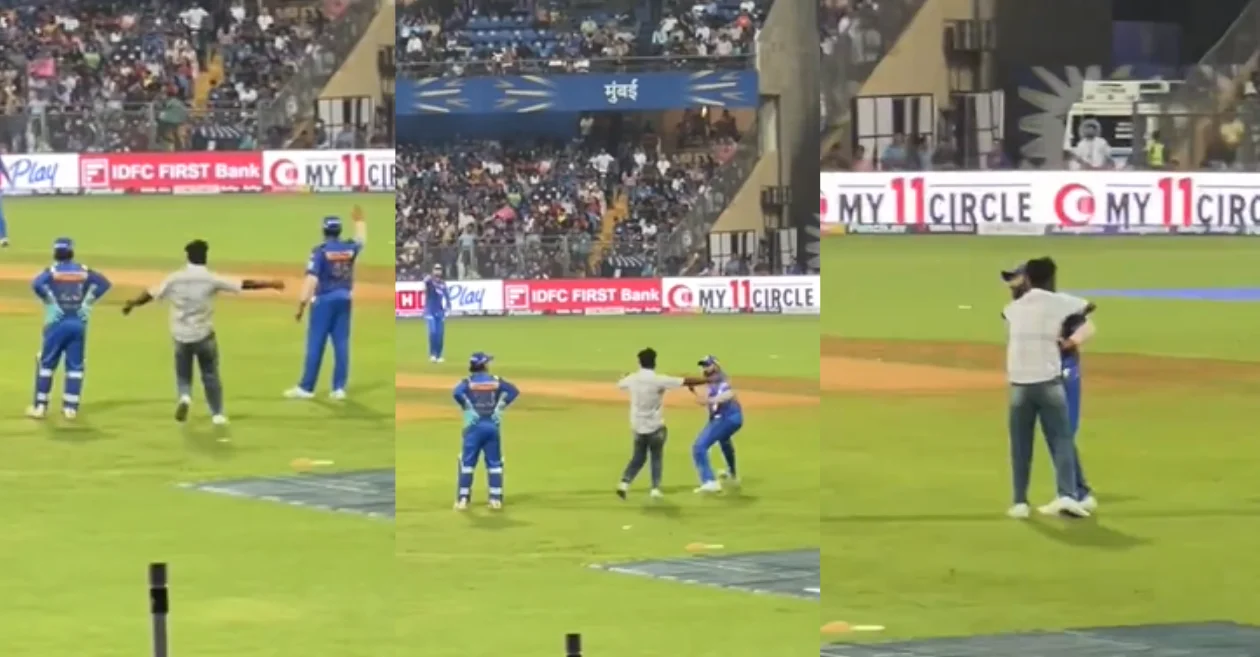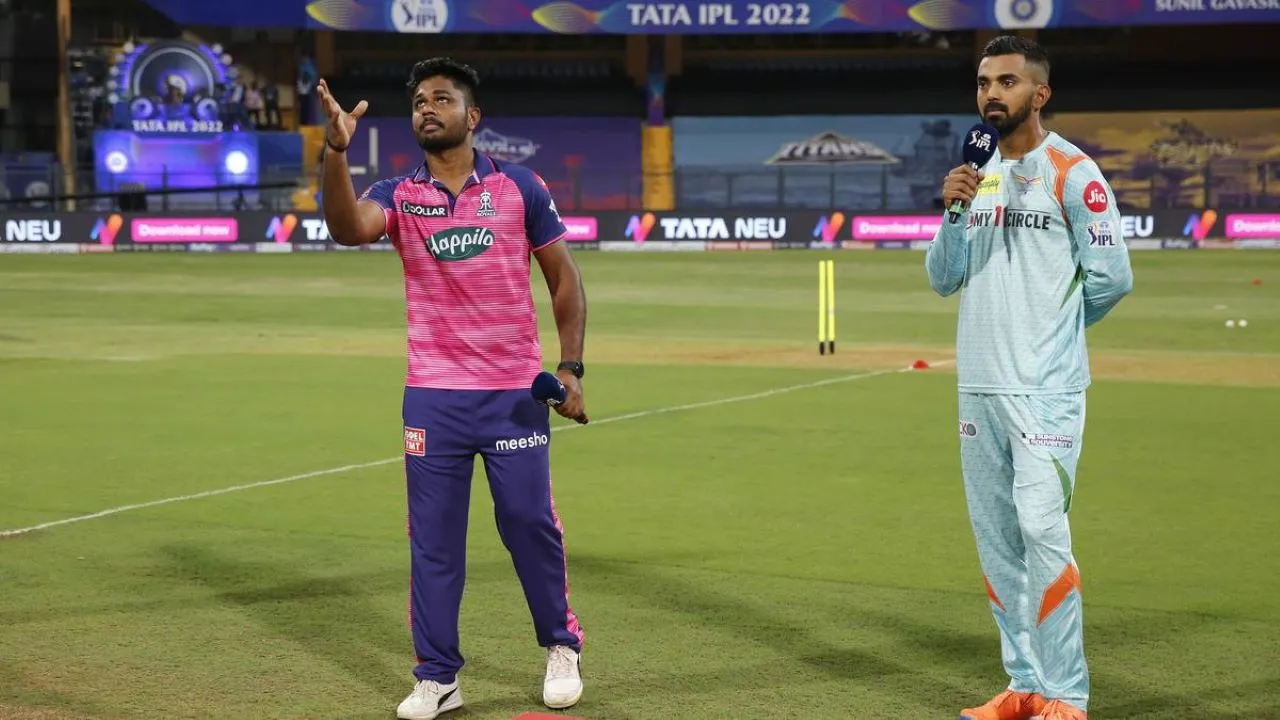Back to the Future to secure the future: Old players can be masters of the rugby league domain
Back to the Future is the future for junior clubs In rugby league we are pretty good at looking back, so good that sometimes we trip over ourselves. We are also pretty good casting forward with bold and ambitious plans, which occasionally do not come off. We have our fair share of “it’s not like […]

Back to the Future is the future for junior clubs
In rugby league we are pretty good at looking back, so good that sometimes we trip over ourselves.
We are also pretty good casting forward with bold and ambitious plans, which occasionally do not come off.
We have our fair share of “it’s not like the old days.” It is very rare that the opportunity comes along for our sport to marry and benefit from all of those traits.
Running an NRL or Super League club is no cakewalk with the finance always a challenge. However, I can’t imagine that running a “community” club in Australia is any easier than running one in the UK.
You probably lose the headache of huge player wages but still face the running costs of travel, kit, equipment, insurance, utilities etc. You might have your own social club to lean on, but I imagine most of it comes down to subscription fees, sponsorship and fund-raising. Your sausage sizzles are better than ours by the way.
Is there a solution staring us in the face? Old people! They generally have a bit of disposable income, maybe a bit of time on their hands, heaps of knowledge and a fair amount of good old common sense (before the bar opens). How do we unlock that potential?
The simple answer is a question – “Why does every rugby league club in the world not have a masters section?”
Let’s say a player starts at 6 years old and plays to the ripe old age of 35 – that would be a) some career, b) some commitment and c) pretty unusual – a normal senior career might last 10 years. That leaves possibly 35 years as a retired player! If we could get a portion of those players back and active in their local club it brings in people with dollars (pounds, Euros …) and their money is as good as anyone else’s.
What is masters? It is a form of rugby league designed for over 35s. Your age determines what colour shorts you wear.
The colour of your shorts determines how much contact you are involved in. Big hits and all “dangerous” play is outlawed for everyone. It provides the best bits of rugby league that everyone loves and dramatically reduces the risk whilst maintaining the fun. No-one wins – every game is a draw regardless.
It started in New Zealand and was picked up by Masters of Rugby League in Australia. The NRL for some reason, has its own version because, as we all know the first item on any rugby league meeting agenda is “the split” – thank you Brendan Behan. It is pretty hard to work out how many clubs have Masters teams in Australia. It is popular but I would imagine that the majority of clubs don’t have a team.
In the UK there are 70 active Masters clubs playing regular fixtures and in France just a couple having a dabble. There are teams in Canada and the US too. Plus, a growing number of women’s teams in all the playing nations.
There is an international element too with NZ, Australia, Pacific Islanders, Ireland, Wales, Scotland, France, USA, Canada and GB all swapping jerseys on tour events and festivals. It’s amazing, offer an old bloke a tour overseas and step back as the stampede is coming.
Given the history of most rugby league clubs, there must be an appetite and an ability to get the old players of multi-generations together to have a bit of a run about, play the odd game and fill the bar. It also gets former players back into the swing of the club and before long, many are volunteering and thoroughly enjoying themselves.
What is stopping them? My guess, with no science at all behind this, is apathy or just no-one has thought of it. Well, here’s a good idea – give it a go and see who turns up. There is a gold-mine of experience out there to be dug. It takes one dynamo.
In my club it was Carl – he is well-organised, patient and dogged – the result is 70+ players and one of the healthiest sections in our club. On match days, the bar is full of grandkids watching grandad live up to his self-billed greatness. Dads playing with their dads – lads playing with their dads etc. etc. You get the picture.
If you asked our club chair about the Masters, he could tell you the value of their memberships, he could see the worth over the bar, but he can only estimate and marvel at the positive impact that Masters are having on their own clubs. It’s a great version of the sport – my advice would be “give it a go and see where it can take you and your club.
What's Your Reaction?














































![BAN vs SL [WATCH]: Five Bangladesh fielders run after the ball; fans come up with hilarious reactions](https://crickettimes.com/wp-content/uploads/2024/04/Bangladesh-5-fielders-chase-the-ball-against-Sri-Lanka-in-the-second-test-match.webp?#)






